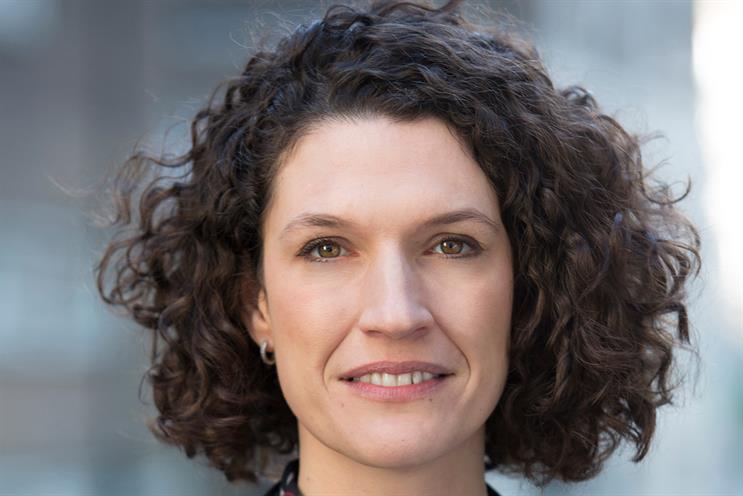With about how she’s planning to manage pregnancy and parenthood while doubling up as the New Zealand prime minister making global headlines last week, it seems that most of the world is still labouring under the misapprehension that pregnancy and motherhood aren’t compatible with powerful jobs.
And yet, as Ardern’s case shows, careers and motherhood needn’t be mutually exclusive. If a pregnant woman and first-time mother can run a country, a woman in the same position can surely run an agency. So it’s a timely reminder of how our industry needs to up its game.
Not every pregnant woman is lucky enough to have a partner who can afford to be a stay-at-home-dad and the "first man of fishing". But with better and more flexible parenting policies in place, everyone has a fairer stab at making it work and we would be at less risk of losing female talent. And while creating a diverse workforce isn’t wholly about accommodating working parents, having a family is a key point at which women in particular leave the industry, so helping mums and dads isn’t a bad place to start.
This comes at a time when the conversation around gender equality has continued to gather pace, both in the general population and in advertising, thanks to the likes of . This is, of course, very good news. But as well as debating the issues, we need to make practical changes. While many of the challenges are highly complex, there are some small and simple things that can be done right now to make it easier for women and parents to remain in, and indeed progress in, their roles.
Being part of an agency leadership team in which two out of three of us are working mothers to young children has given us hands-on insight as to how the industry needs to change in order to support parents.
First up, let’s start by offering enhanced maternity and paternity pay from day one of service. Some parents-to-be, especially women, hold off moving jobs and potentially progressing their careers because they’re planning, or are in the middle of, having a family. In many instances, they’ll miss out on enhanced pay unless they’ve been in a job for two years. And it’s a financial loss that’s hard to swallow at a time when household finances will face increased pressure.
There also needs to be wider acceptance of flexible working requests, something that will suit non-parents as much as parents. Instead of focusing on why it might not work – the meetings, the client demands, the lack of visibility – let’s focus on the many positives. Smart and committed talent will find a way to make it work. So there’s no need to remain wedded to the antiquated idea that heavyweight jobs demand a five-day week. AMV BBDO has blazed a trail by showing that creativity can be pulled off in half-time creative positions. And credit also has to go to my employer, TBWA, for allowing me to be a CEO on a four-day week.
And let’s be more transparent about maternity and paternity policies. Let’s send policies proactively to all interviewees and new joiners, rather than forcing them to ask or flag that they want to start a family. It’s a simple initiative that might prevent the archaic practice of women feeling they have to hide their engagement rings in interviews for fear of being seen as a maternity risk – a dilemma I had to face myself not too long ago.
Finally, with so much underused talent languishing out there, let’s brief headhunters to actively seek candidates who are on maternity leave or taking a career break.
These small changes won’t solve talent retention overnight, but they show how we can take practical action while debating the thornier issues of supporting and attracting the best talent. Because, as I say to my children, the best way to eat an elephant is one bite at a time.
Sara Tate is the chief executive of TBWA\London


